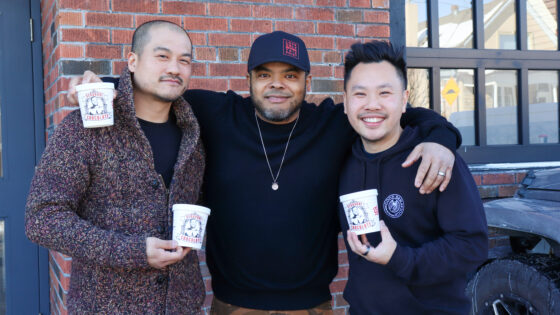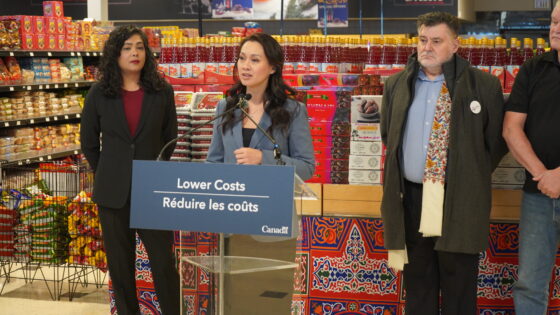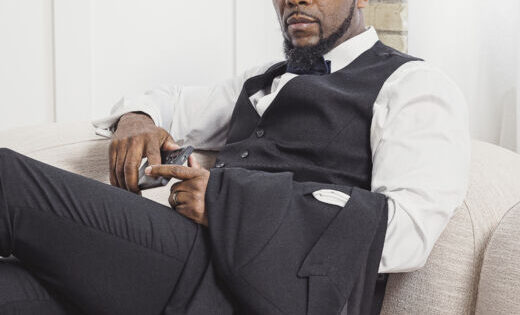on
BY SIMONE J. SMITH
I will say from the jump, this is going to be a sensitive topic for some of us, either because we are personally dealing with this silent struggle or know someone who is silently struggling. You might have always wondered what it would be like to read a book without your stomach turning into knots. To write a letter without second-guessing every word. Most people just do it. Like breathing. It’s effortless. But for you? It’s a mountain. Every time.
You see, no one talks about the weight of words when they don’t come easy. No one tells you what it feels like to be afraid. Afraid of being exposed. Afraid of feeling less. Afraid of the judgment in people’s eyes when you stumble, when you struggle, when you can’t keep up.
Do you ever wonder sometimes what your life would be like if you didn’t have to hide. If you could read a card from your mom and not feel shame. If you could write your thoughts down clearly, without fear. It’s funny. People think it’s just reading and writing. But it’s more than that. It’s the way the world sees you. It’s the way you see yourself.
You have learned to hide it well. Smiles can mask anything if you practice enough. You laugh when you can’t pronounce that word. You change the subject when someone asks you to read. You copied answers. You memorized things. You became an expert at pretending.
In Canada, there are still thousands of young adults who have fallen through the cracks of the education system, struggling with the basic skills of reading and writing. These young people face lifelong challenges due to their inability to read. The World Literacy Foundation announced on September 8th, 2024 (International Literacy Day) an ambitious goal to bridge the literacy gap for 200,000 people across 10 countries in 2025, with a particular focus on underserved communities in Canada.
Vanessa Portilla, COO of the World Literacy Foundation, made the announcement during a public demonstration of a new AI-powered device called the “Literacy Pen.”
The World Literacy Foundation is a global non-profit organization striving to ensure that every child, regardless of geographic location, has the opportunity to acquire literacy skills and books to reach their full potential. They provide children with books and educational resources, so they can discover the joy of reading. They bring literacy support to disadvantaged children who are struggling to read and write and gather global literacy leaders and organizations to share ideas and collaborate within the sector. They have become a global voice spreading and promoting the importance of literacy, and they continue to empower people to advocate in their local community for this cause.
What has been most noted is the fact that as AI technology advances rapidly, it’s creating an AI divide—a gap between those with access to this technology and those without. The most marginalized, including young, illiterate individuals in Canada are at the greatest risk of being left behind.
So, what is the Literacy Pen? The Literacy Pen is designed to bridge this divide, providing a simple yet powerful tool to help the 770 million people worldwide, including those in Canada, who cannot read a single word.
Ms. Portilla emphasized the local impact of the campaign. “In 2025, we aim to equip 200,000 illiterate young adults, including many in Canada, with this innovative digital learning tool. The Literacy Pen is designed to reduce the digital divide for the most marginalized who struggle to read and write.”
The Literacy Pen represents a vital step forward in using assistive technology to empower those who struggle with literacy, and helps them perform everyday tasks, such as: filling out forms, that many take for granted.
To celebrate International Literacy Day 2024, the World Literacy Foundation called on the people of Canada to donate to their fundraising campaign. Join the mission to reduce the literacy gap both globally and locally by supporting the purchase of 10,000 Literacy Pens. These tools will empower countless individuals to improve their reading and writing skills, transforming lives through education. Help make a difference today by contributing to this important cause. Every contribution brings us one step closer to a world where everyone has access to literacy.
Stay in the loop with exclusive news, stories, and insights—delivered straight to your inbox. No fluff, just real content that matters. Sign up today!
We, as humans are guaranteed certain things in life: stressors, taxes, bills and death are the first thoughts that pop to mind. It is not uncommon that many people find a hard time dealing with these daily life stressors, and at times will find themselves losing control over their lives. Simone Jennifer Smith’s great passion is using the gifts that have been given to her, to help educate her clients on how to live meaningful lives. The Hear to Help Team consists of powerfully motivated individuals, who like Simone, see that there is a need in this world; a need for real connection. As the founder and Director of Hear 2 Help, Simone leads a team that goes out into the community day to day, servicing families with their educational, legal and mental health needs.Her dedication shows in her Toronto Caribbean newspaper articles, and in her role as a host on the TCN TV Network.













